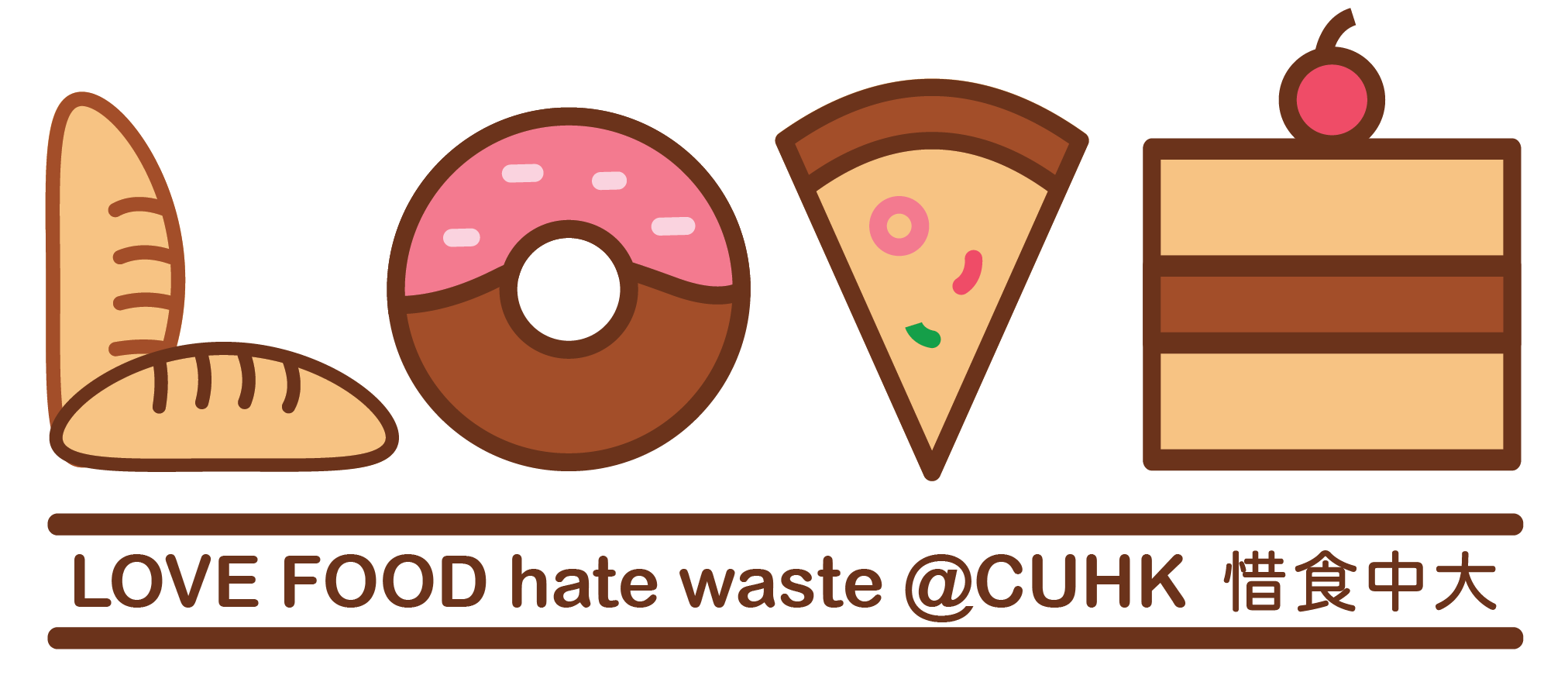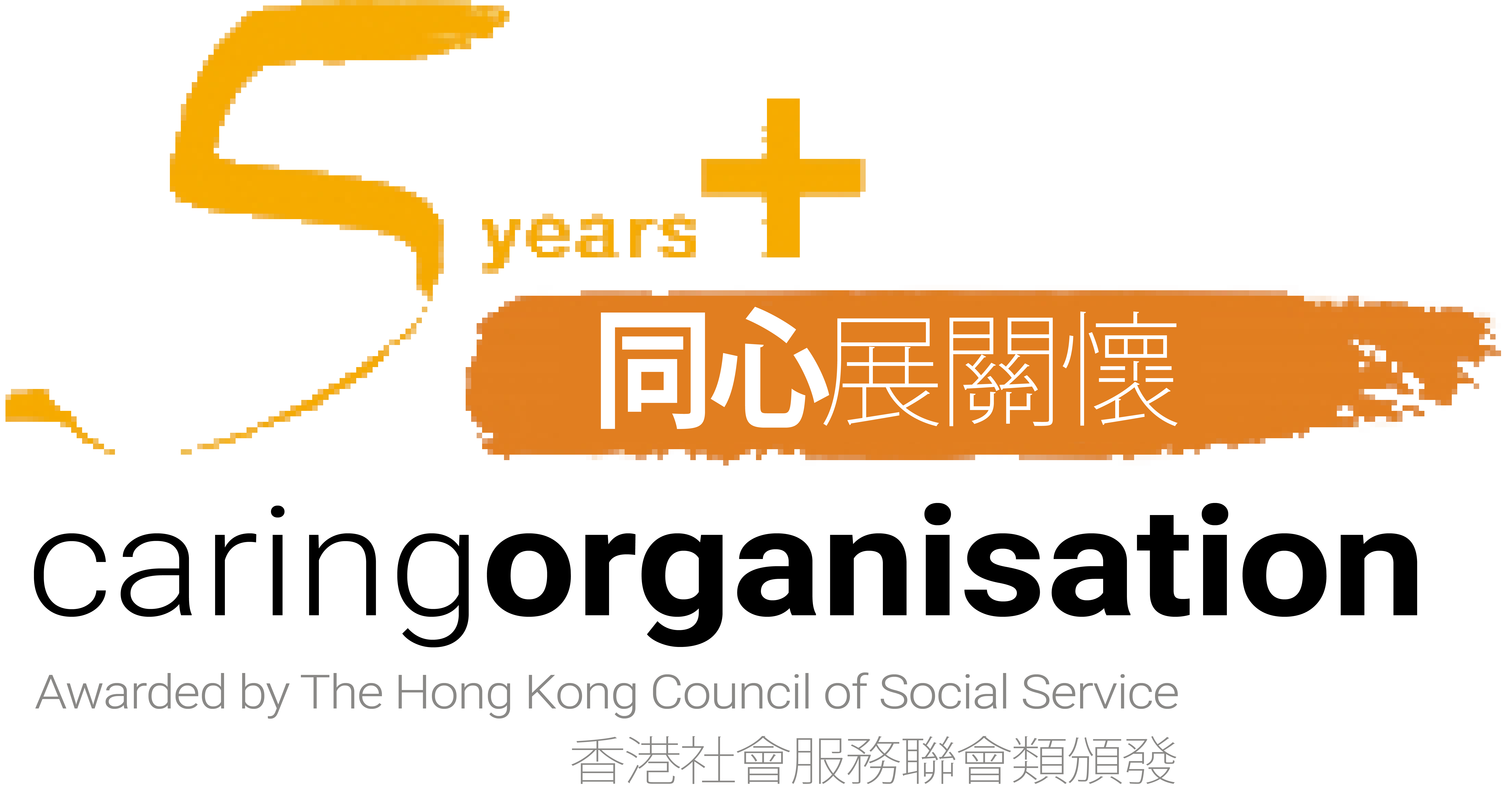Tips for Hostel Residents
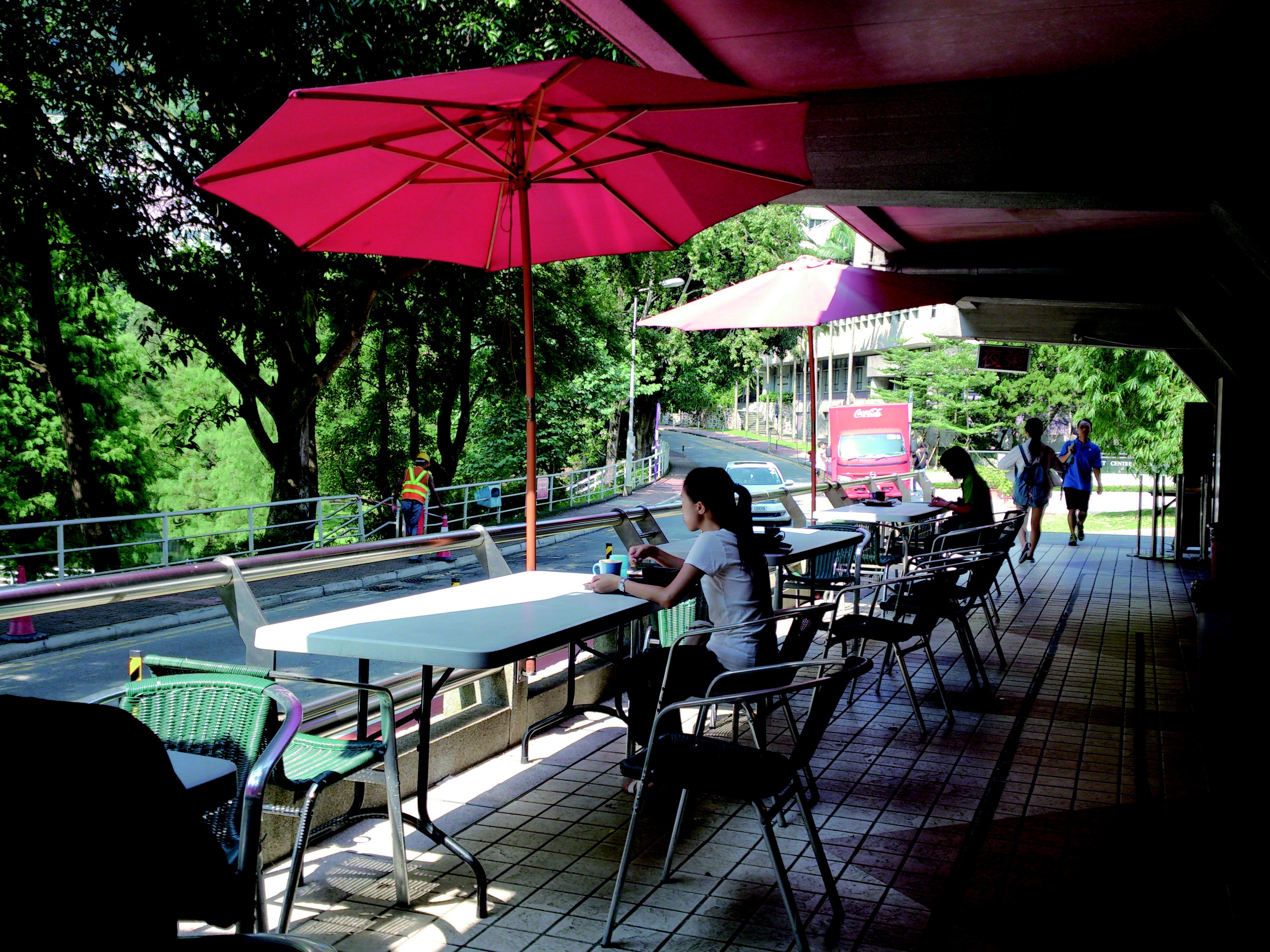
When Dining Out
- Order only as much food as you need, including ‘less rice and no side dishes’ if you don’t feel particularly hungry.
- Bring Your Own (BYO) container to take away any food left over.
When Shopping for Food
- Make a shopping list of what you need before going to the grocery, to avoid impulse buying.
- Give products with unconventional looks or less perfect-looking vegetables and fruits (usually discounted as well) a chance and save them from being disposed of at landfills.
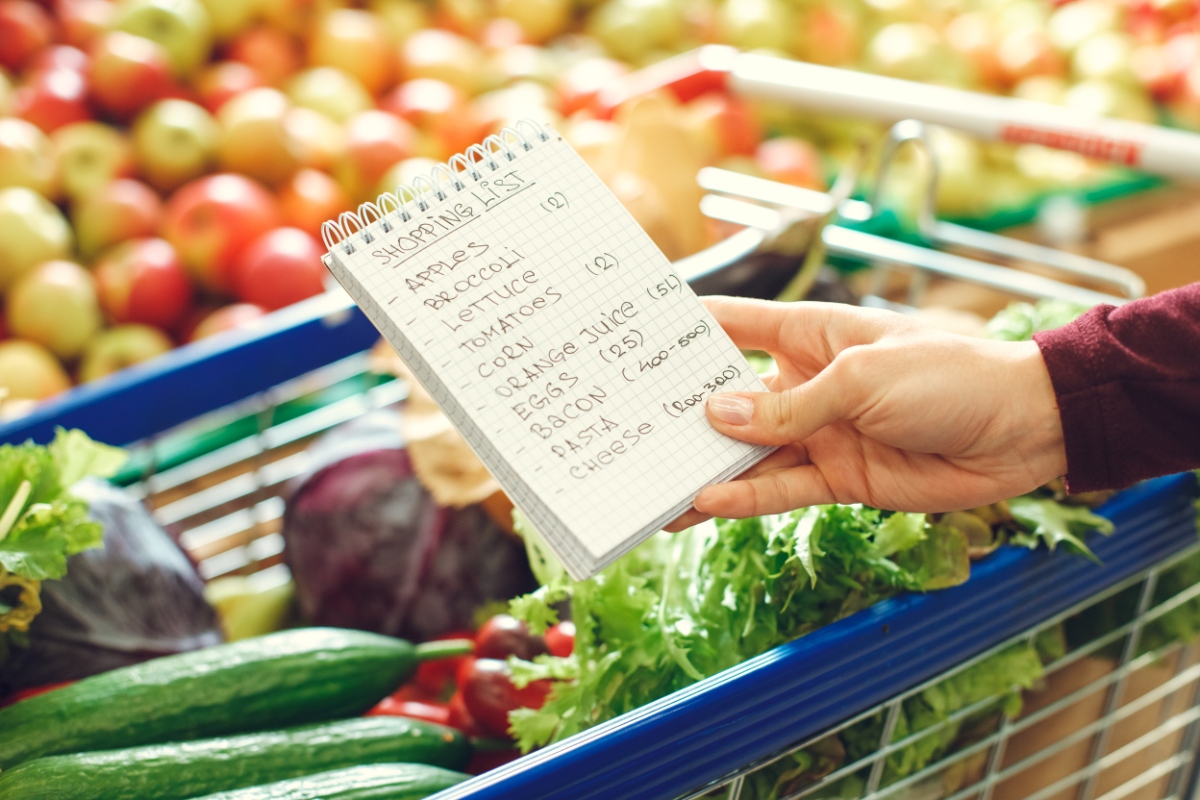
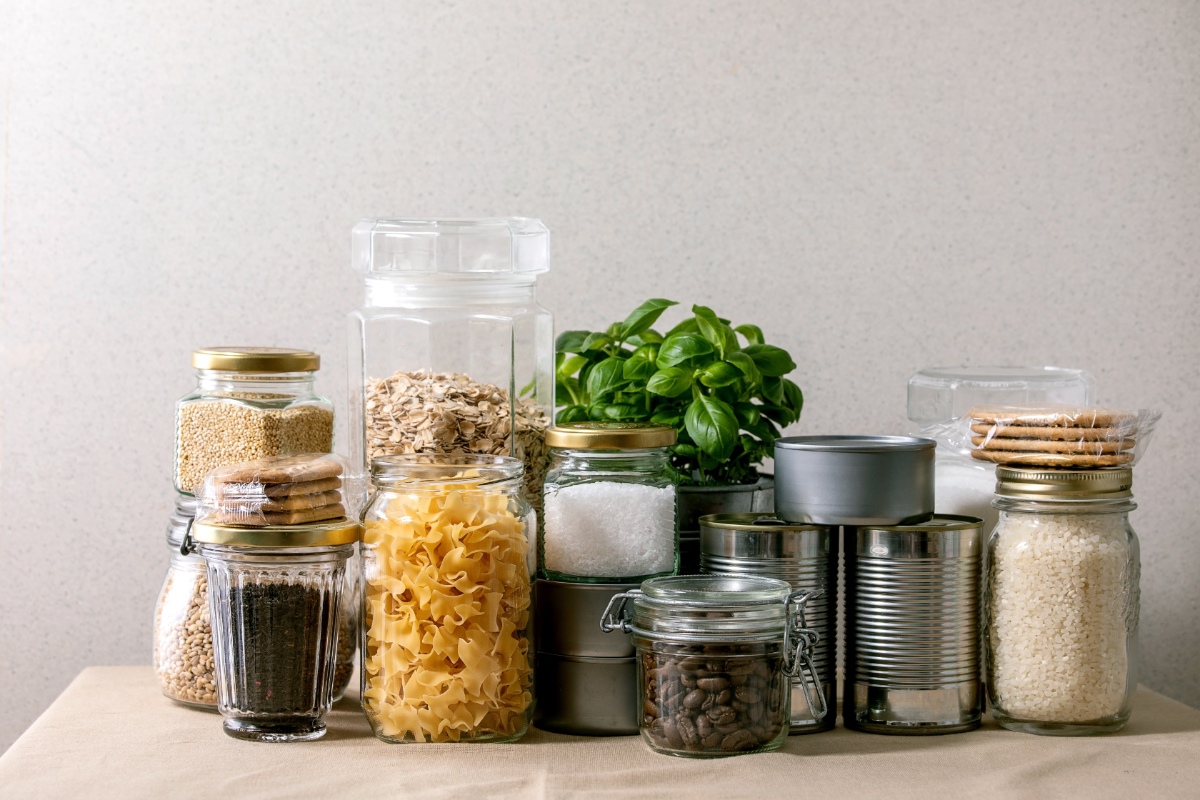
When Cooking and Storing Food
- Cook just enough, and store the leftovers so that they can be served later.
- Store and consume your food items based on the ‘First in, First out’ principle.
- Check your refrigerator regularly and finish all food before its expiry date.
- Distinguish between ‘Best Before’ and ‘Use By’:
- ‘Best Before’ is usually for canned food, packaged dry food or frozen food. In general, food is often still edible after the ‘Best Before’ date, even though it might not taste quite so fresh. Eggs, however, should not be eaten after the ‘Best Before’ date because they may harbour Salmonella bacteria.
- ‘Use by’ is usually reserved for food that easily goes stale, such as meat or salad. Any food that has passed its ‘Use By’ date is unfit for consumption.
- The expiry date may not be the only reference for judging whether food is still edible. Some food, if properly stored and fully cooked after the expiry date, may still be edible. We need to be guided by common sense. Smell or even taste the food, and you will know whether it is stale or not.



